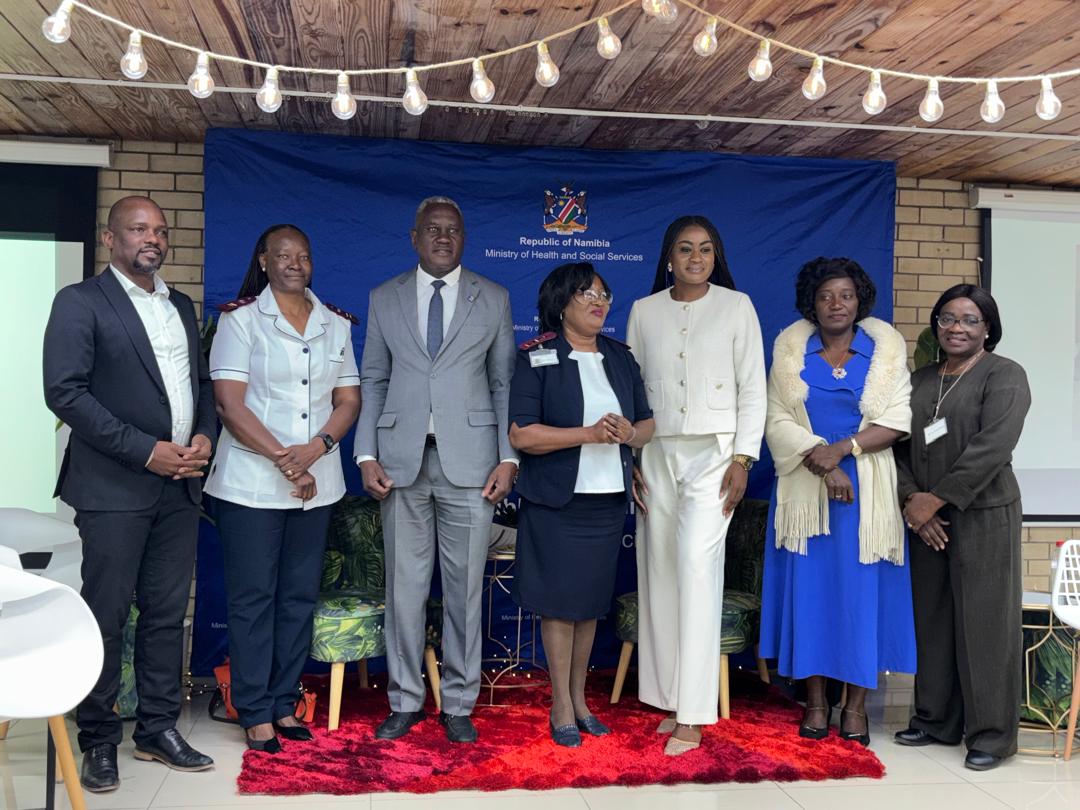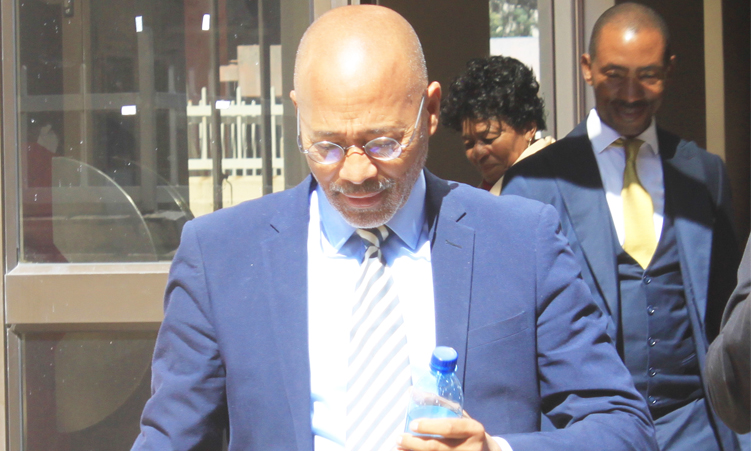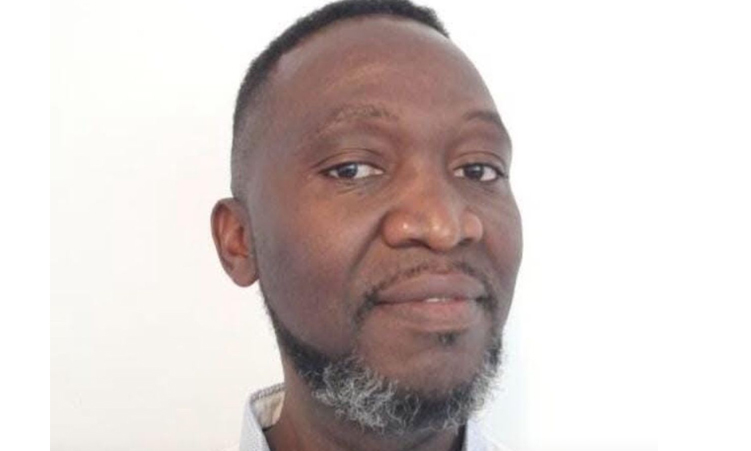THE Bicycling Empowerment Network (BEN Namibia) will start to manufacture bicycle ambulances at its workshop in Windhoek in October.
It will be the first manufacturing plant of its kind in Namibia. The ambulances will be delivered to rural communities in the North in partnership with community-based organisations to strengthen the grassroots response to HIV-AIDS.Bicycle ambulances are stretchers on wheels that attach to normal bicycles, allowing sick people and people in need to be towed to a hospital or clinic.BEN Namibia has been distributing donated second-hand bicycles in the North and has discovered a tremendous need for emergency transport solutions in the rural areas, especially for people living with HIV-AIDS.In other African countries where these bicycle ambulances are used, a decline in infant mortality and maternal mortality has been noted, as pregnant women benefit greatly from this mode of emergency transport.In 2005 BEN Namibia developed and built prototype ambulances that were tested by home-based caregivers in Oshakati, who provided vital input to the design and improvement process.BEN Namibia has since received numerous requests from other organisations for bicycle ambulances and it decided to establish the manufacturing plant in Windhoek.The aim is to establish regional production centres too.BEN Namibia is a non-profit organisation based in Windhoek that aims to empower disadvantaged Namibians through the provision of sustainable transport.It imports second-hand bikes, parts and accessories from charities overseas and refurbishes them.Local people have already been trained as bicycle mechanics.So far BEN Namibia has received more than 1 600 bicycles from Canada, the US and UK and more than 600 of these have been distributed through a network of community organisations that run home-based care projects, providing important support to the national healthcare system.With bicycles, home-based caregivers can see more patients, spend more time with each patient and deliver more supplies.To make the bicycle-ambulance manufacturing plant a reality, BEN Namibia is looking for partners who can contribute to the production of 96 ambulances.”The bike ambulance is a high-visibility project that will attract a lot of local and international media coverage,” says Michael Linke, managing director of BEN Namibia.”It is also an opportunity to associate brands with an innovative solution to the enormous problem of emergency healthcare transport in remote communities.”The ambulances will be delivered to rural communities in the North in partnership with community-based organisations to strengthen the grassroots response to HIV-AIDS.Bicycle ambulances are stretchers on wheels that attach to normal bicycles, allowing sick people and people in need to be towed to a hospital or clinic.BEN Namibia has been distributing donated second-hand bicycles in the North and has discovered a tremendous need for emergency transport solutions in the rural areas, especially for people living with HIV-AIDS.In other African countries where these bicycle ambulances are used, a decline in infant mortality and maternal mortality has been noted, as pregnant women benefit greatly from this mode of emergency transport.In 2005 BEN Namibia developed and built prototype ambulances that were tested by home-based caregivers in Oshakati, who provided vital input to the design and improvement process.BEN Namibia has since received numerous requests from other organisations for bicycle ambulances and it decided to establish the manufacturing plant in Windhoek.The aim is to establish regional production centres too.BEN Namibia is a non-profit organisation based in Windhoek that aims to empower disadvantaged Namibians through the provision of sustainable transport.It imports second-hand bikes, parts and accessories from charities overseas and refurbishes them.Local people have already been trained as bicycle mechanics.So far BEN Namibia has received more than 1 600 bicycles from Canada, the US and UK and more than 600 of these have been distributed through a network of community organisations that run home-based care projects, providing important support to the national healthcare system.With bicycles, home-based caregivers can see more patients, spend more time with each patient and deliver more supplies.To make the bicycle-ambulance manufacturing plant a reality, BEN Namibia is looking for partners who can contribute to the production of 96 ambulances.”The bike ambulance is a high-visibility project that will attract a lot of local and international media coverage,” says Michael Linke, managing director of BEN Namibia.”It is also an opportunity to associate brands with an innovative solution to the enormous problem of emergency healthcare transport in remote communities.”
Stay informed with The Namibian – your source for credible journalism. Get in-depth reporting and opinions for
only N$85 a month. Invest in journalism, invest in democracy –
Subscribe Now!










